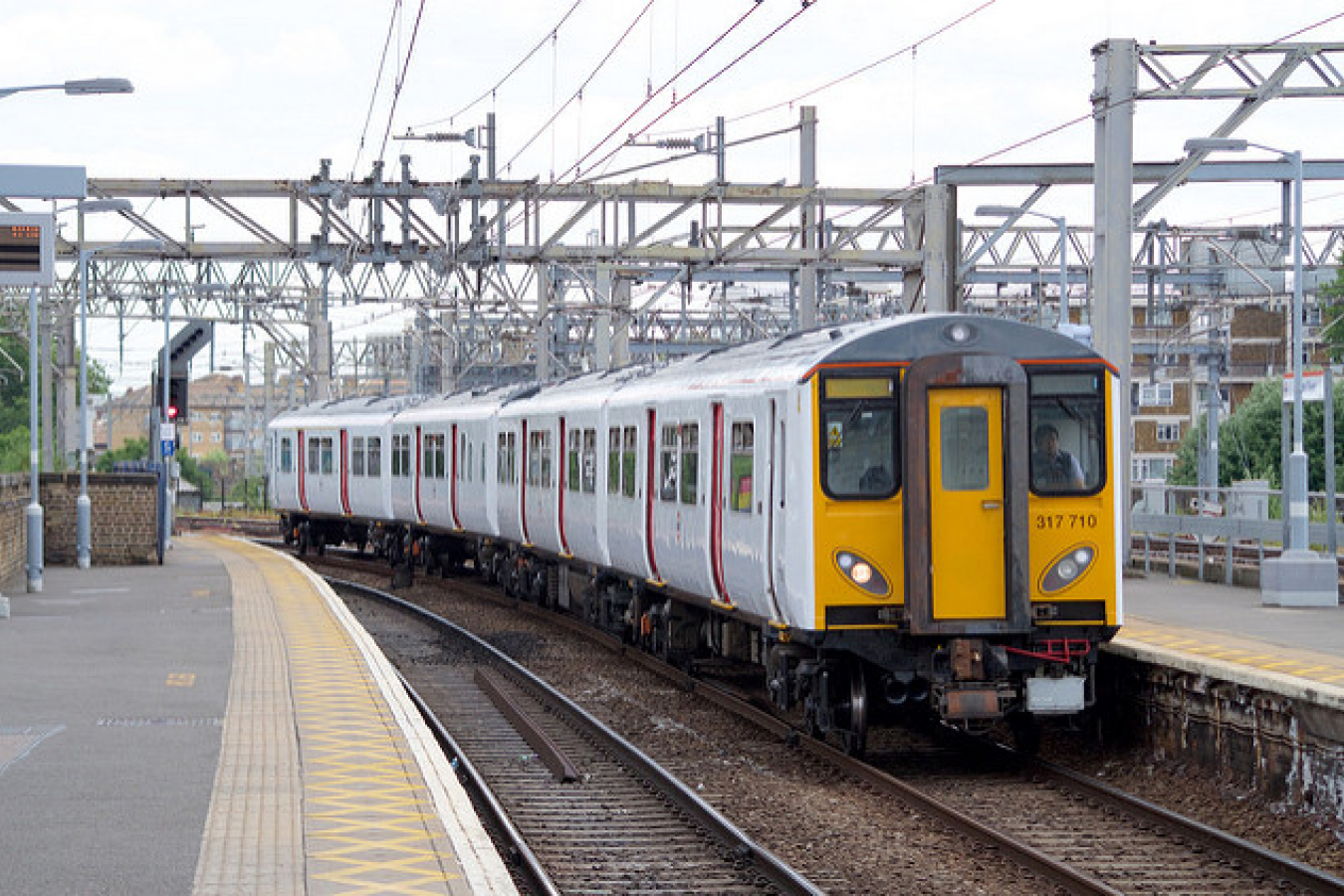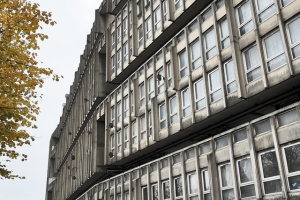Support migrant centric journalism today and donate

Senior civil servant Ken Sutton has released his report on the allegations of abuse relating to European Community Association Agreement (ECAA) visas made in Bulgaria and Romania by those nationals wishing to be self-employed in the UK.
The report did confirm that evidence exists showing that the ECAA visa category has indeed been exploited. However, the main allegation that the Home Office took no steps to address these problems was rejected, and in fact the report praised efforts to combat organised immigration crime in Bulgaria and Romania over the last two years. Furthermore, the accusation that many applications under this scheme were waved through to meet asylum targets was also not upheld.
Nevertheless, the exploitation of this scheme has only resulted in the grant of indefinite leave to remain to only 150 Romanians and Bulgarians.
One of the main weaknesses identified in the operation of the scheme was the unchallenged use of pro forma business plans, which were often provided by paid advisers. The IND saw no legal basis to refuse such applications, especially in light of a 2001 European Court of Justice ruling. This view prevailed in spite of the tougher approach favoured by the Immigration Liaison Officer in Bucharest and Sofia.
Home Secretary David Blunkett has accepted the recommendations made by Mr. Sutton in that a stricter approach should be adopted for all new applications as well as for those currently on hold. Enforcement staff should also be assigned to carry out further checks to identify and expel those who came under the ECAA scheme and should not be currently in the UK.
ECAA agreements and this visa scheme date back to the mid-1990s as part of the economic agreements signed with the EU. The Agreements are designed to allow Eastern and Central European nationals to establish themselves in business or self-employment to benefit the UK economy and their own countries as they prepare for EU membership. Until 1 May 2004, nationals of all EU applicant countries could apply for a visa under this scheme, but once these countries gained full EU membership, it is now only nationals of Bulgaria and Romania who remain eligible for such a visa.
By accepting all 15 recommendations of the Sutton report, the Home Secretary laid out further action to be taken including:
- more intelligence officers to be posted including to Sofia
- entry clearance officers will take future decisions on ECAA applications at the relevant post
- new guidance is to be drawn up reflecting the new legal advice
- a team comprising Home Office, Ukvisas and FCO staff will soon visit Bucharest and Sofia to set out the new approach
- those who have already come to the UK under the ECAA for a limited period will be fully checked before they are granted Indefinite Leave to Remain (ILR) to determine whether businesses on which earlier successful applications were based have in fact been established.
- the relevant Immigration Rules will be rewritten and make clear that applicants will be required to have sufficient funds to support themselves financially while in the UK.
- Checks will be significantly tightened on those already in this country and those seeking to switch into ECAA status, to ensure that only genuine applicants continue to benefit from the scheme.
The ECAA scheme will remain closed until the above changes have been implemented.





















